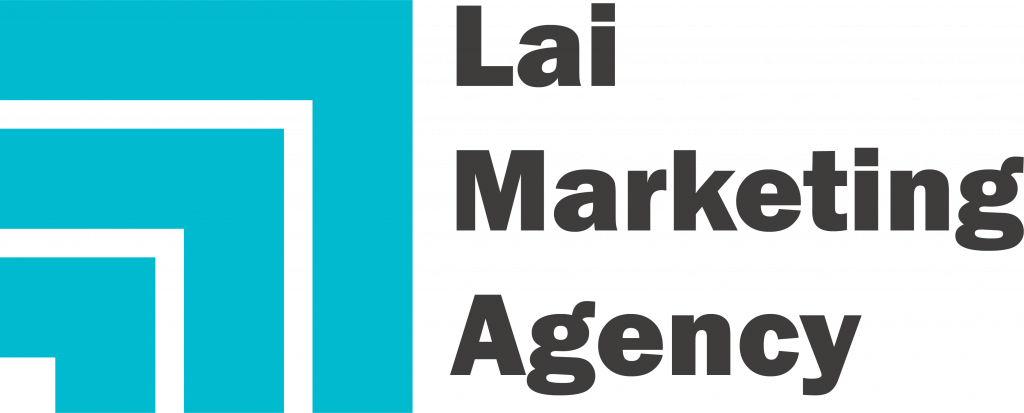In the realm of advertising, the shift from highlighting product features to showcasing user benefits has been a game-changer. However, the evolution doesn’t stop there. The new frontier is experiential advertising—a strategy that transcends benefits by immersing consumers in the brand experience.
What is experiential advertising?
Experiential advertising is a form of marketing that creates an interactive and memorable connection between a brand and its customers. It goes beyond telling customers what a product or service can do for them; it shows them how it can make them feel, think, and act.
Experiential advertising can take many forms, such as:
- Live events, such as pop-up shops, festivals, concerts, or workshops
- Virtual reality, augmented reality, or mixed reality experiences
- Interactive installations, such as kiosks, games, or displays
- Social media campaigns, such as contests, challenges, or hashtags
- Influencer marketing, such as endorsements, reviews, or collaborations
The common thread among these examples is that they all invite customers to participate in the brand story rather than just passively consume it. They create a sense of engagement, emotion, and empowerment that can foster loyalty, advocacy, and word-of-mouth.
Why is experiential advertising effective?
Experiential advertising is effective because it taps into the human psychology of decision-making. According to a study by Harvard Business School professor Gerald Zaltman, 95% of purchase decisions are made subconsciously, based on emotional and intuitive factors rather than rational and analytical ones.
By creating experiences that appeal to the senses, emotions, and values of customers, experiential advertising can influence their subconscious mind and shape their perception of a brand. It can also create a lasting impression that can be recalled and shared with others, increasing brand awareness and reputation.
Some of the benefits of experiential advertising include:
- Differentiation: Experiential advertising can help a brand stand out from the crowd and showcase its unique personality, values, and proposition.
- Relevance: Experiential advertising can help a brand connect with its target audience and demonstrate that it understands their needs, preferences, and aspirations.
- Trust: Experiential advertising can help a brand build credibility and authenticity by delivering on its promises and exceeding customer expectations.
- Advocacy: Experiential advertising can help a brand generate positive word-of-mouth and referrals by creating satisfied and loyal customers who are willing to share their experiences with others.
How We Do It at Lai Marketing Agency
At Lai Marketing Agency, we are experts in creating experiential advertising campaigns that drive results. We have a team of creative and strategic professionals who can design, execute, and measure experiences that align with your brand’s goals and objectives.
We have worked with clients across various industries and sectors, such as:
- Hospitality Industry: We have worked with Infinity Homes to create ads that actually used experiential techniques. The ad helped our client sell his property in a very short period of time. More than that, our experiential advertising for our esteemed client, Furahia Home Hotel, helped the client almost be fully booked for the whole month of December 2023.
- Construction Industry: Our esteemed client, who is in the construction industry, Najel Builders, used experiential marketing to successfully create a jingo, pictures, and video ads that had almost nothing to do with the promotion of her products and services. However, she is connecting with her clients and prospects through #shangwelimeamshwanajelbuilders
We are passionate about creating experiences that matter to your customers and your brand. If you are interested in working with Lai Marketing Agency, please contact us today and let us help you create your next experiential advertising campaign or experiential ads.


2 thoughts on “Experiential Advertising: The Key to Consumer Hearts”
Hey, Jack here. I’m hooked on your website’s content – it’s informative, engaging, and always up-to-date. Thanks for setting the bar high!
Heya this is kind of of off topic but I was wondering if blogs use WYSIWYG editors or if you have to manually code with HTML. I’m starting a blog soon but have no coding experience so I wanted to get guidance from someone with experience. Any help would be greatly appreciated!